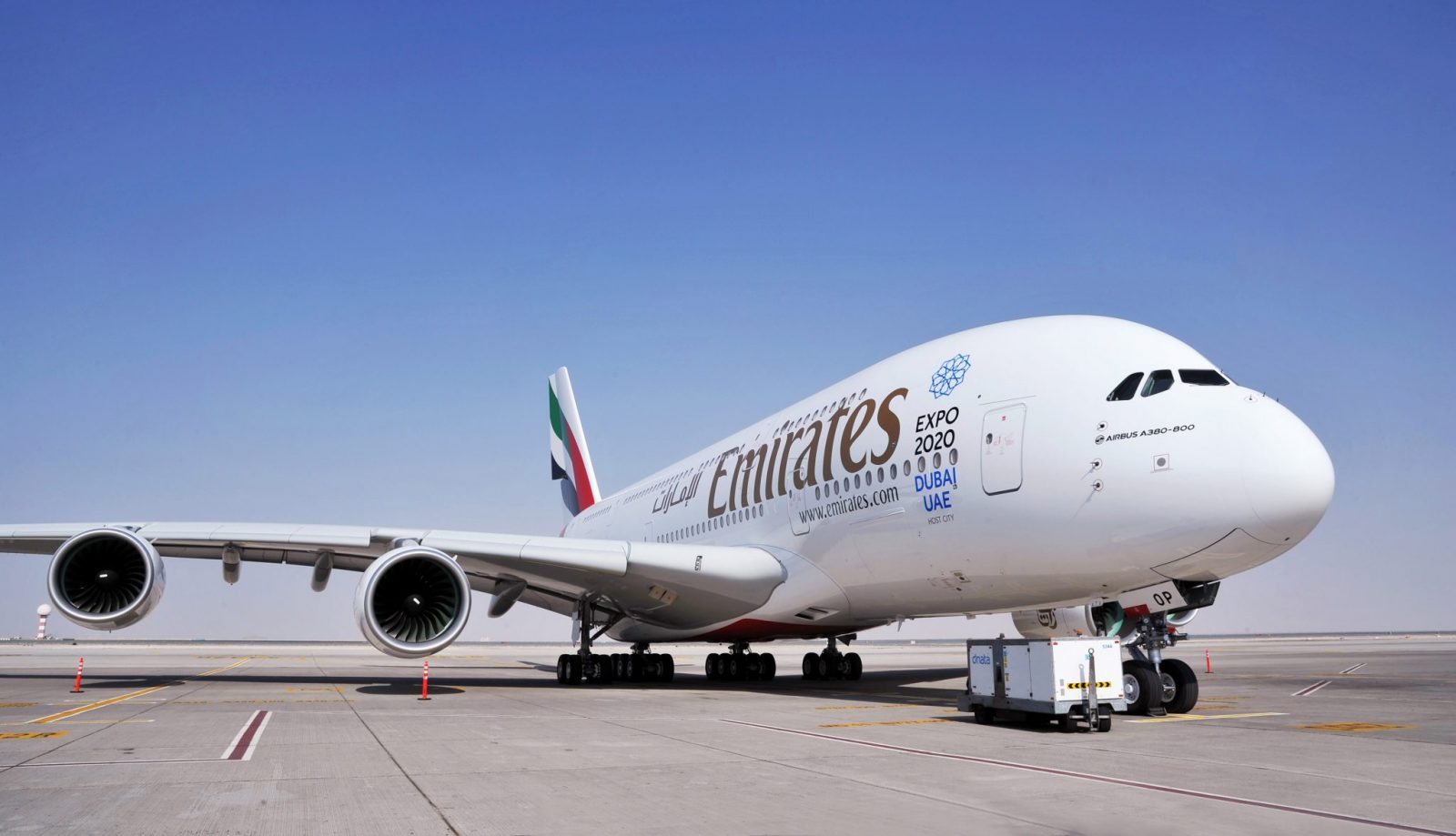
The Dubai-based airline, Emirates has announced plans to widen its drugs and alcohol testing programme to include anabolic steroids. In a leaked internal memo sent to the airline’s 25,000 cabin crew, Emirates explained the decision was because “anabolic steroids are getting increased attention (from the UAE authorities).”
According to Emirates, the move is being made to simply comply with rules set by the Gulf Civil Aviation Authority (GCAA), the country’s aviation regulators. Explaining the decision, Emirates said cabin crew should only take medication approved and prescribed by the company’s in-house medical clinic.
Yet, the decision by Emirates sets it apart from nearly every other major airline in the world – who limit substance misuse testing to alcohol and in some cases, controlled drugs. Sources at the airline have described a body building culture amongst male cabin crew where steroids are openly talked about.
In fact, it’s not just Emirates Airline where the problem has become more prevalent in recent years. Since 2014, reports have surfaced of a widespread steroid abuse problem within gyms across the emirate. That’s despite efforts by the UAE’s Ministry of Health and Dubai’s Department of Economic Development to stamp out steroid use.
The UAE and Dubai authorities have a zero-tolerance approach to illegal drugs and certain medication. Many drugs that might be legal in Europe or the United States are outlawed in Dubai. For example, painkillers containing Codeine are strictly controlled and the presence of a drug in your blood stream is enough to prove ‘possession’.
But anabolic steroids only shot to prominence in 2013 following a doping scandal that didn’t even involve humans but instead race horses. Dubai’s ruler, Sheikh Mohammed al-Maktoum banned anabolic steroids in sports horses following the scandal that affected 22 horses at Godolphin – the sheikh’s horse racing company.
Sheikh Mohammed banned not only the use of anabolic steroids on race horses but also the import, purchase or possession of the drug in any capacity. The decree made Dubai’s laws much stricter than many western countries.
The new rules at Emirates are set to start on 1st January 2018, with cabin crew being reminded that certain drugs can take up to three months to completely leave the body. Acknowledging the growing problem of steroid abuse in its community of cabin crew, the airline has said it will only test staff “on suspicion.”
Across social media, Emirates staffers have been joking about the effect the change in policy will have on the body shapes of their colleagues. However, the airline has encouraged anyone with concerns to seek help from the company’s medical clinic to discuss their needs.
In contrast, new proposals from Europe’s air safety watchdog, the European Aviation Safety Agency (EASA) will limit systematic drug testing to new cabin crew joining an airline. The agency also wants to make “mandatory random alcohol screening” legal across all countries in Europe – although most airlines have policies in place to address this issue.
Mateusz Maszczynski honed his skills as an international flight attendant at the most prominent airline in the Middle East and has been flying ever since... most recently for a well known European airline. Matt is passionate about the aviation industry and has become an expert in passenger experience and human-centric stories. Always keeping an ear close to the ground, Matt's industry insights, analysis and news coverage is frequently relied upon by some of the biggest names in journalism.







